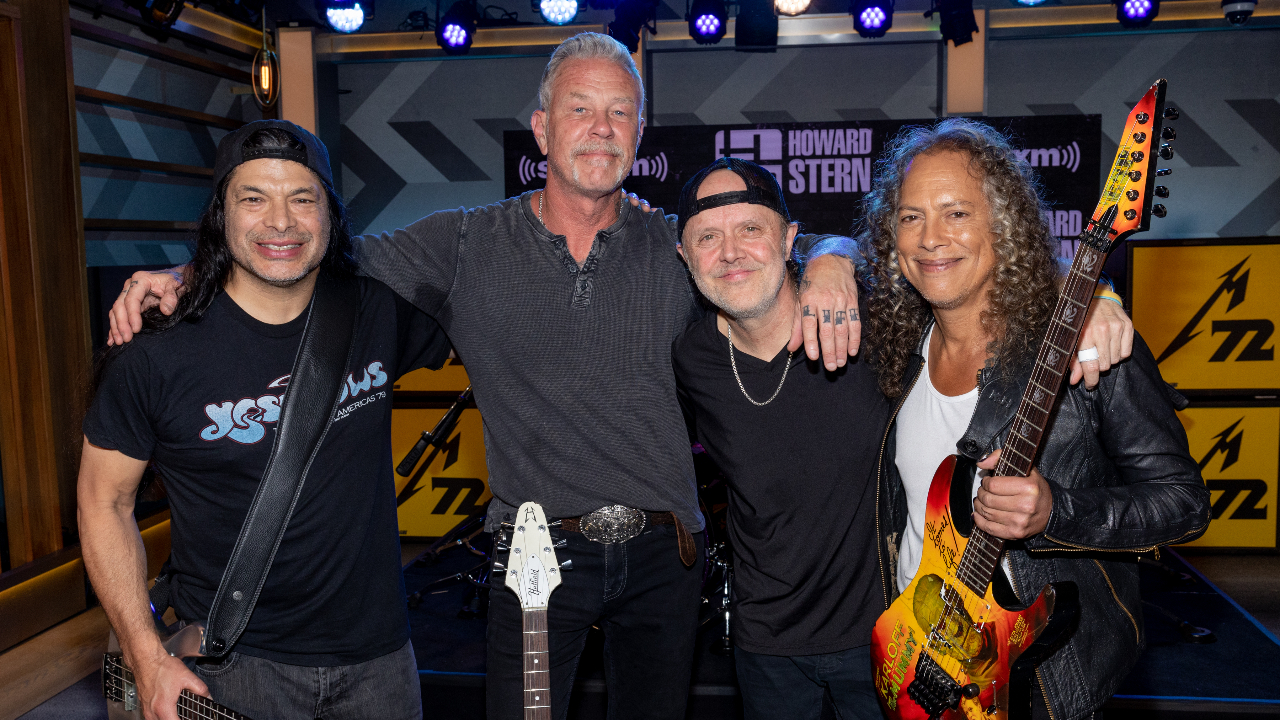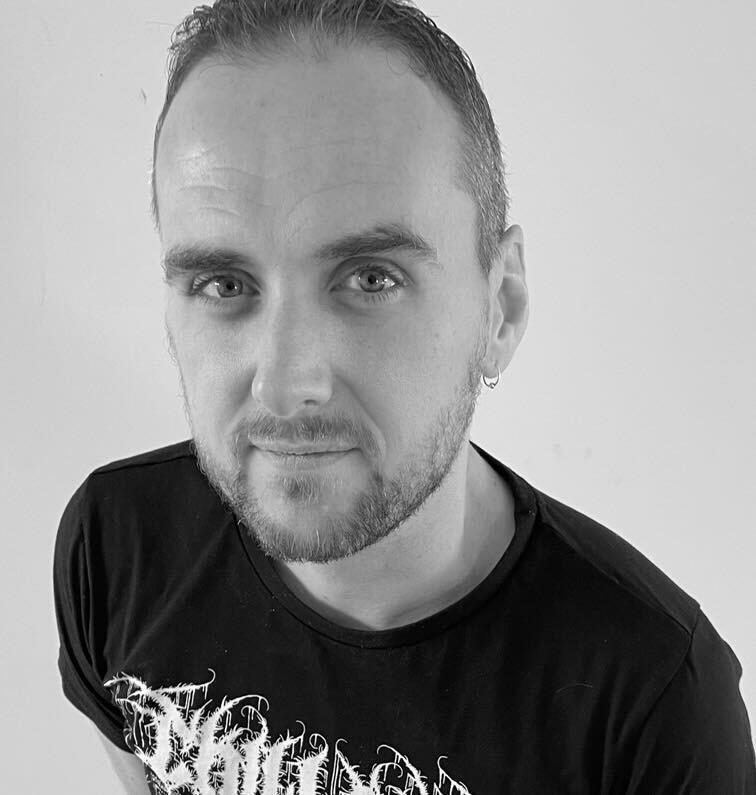Metallica drummer and founder Lars Ulrich has opened up on the band's experience in writing new music while still making sure they were supporting James Hetfield during and following his most recent trip to rehab.
Hetfield returned to rehab in 2019, causing Metallica to cancel their touring plans. With the pandemic hitting not long after, the band wouldn't play a full show again for two years, though they've more than made up for lost time since with a world tour and a new album, this year's 72 Seasons.
Speaking to official Metallica fanzine So What!, Ulrich bats back a question about whether he considered that the band might be over in the wake of Hetfield's situation, noting: "That falls into the 'what-if' questions, and I’m never a big proponent of the 'what-if' question. 'What if this happened instead of that?' Well, it didn’t. We moved forward with the situation that we’re in."
When So What!'s Steffan Chirazi points out that there's no way Ulrich wouldn't have at least thought about Hetfield's journey in relation to Metallica, the drummer responds: "As you’re going through a process, there are two parts to it. There’s the 'going through and moving forward,' and then there is the 'sitting and talking about it two or three years later' and trying to figure out what spin you’re going to put on it. Those are two different kinds of things, so to walk through every emotion, or every up or down that happened to you at this point or that point, I mean, I don’t know if I have enough of a specific memory.
"What James went through at the tail end of ’19 into ’20 was something where it really felt like I – and the rest of the guys in the band – had to give him the space that he needed, had to really take a step back, and just suspend everything that was on the table," he adds. "We needed to do that for our friend and for our bandmate and partner. Then, slowly, the pieces started coming back together in the spring of ’20, and then everything got side-swiped by the horrific [events] of Covid and the lockdown. So, as we were giving the inner-band dynamics the time that they needed, we realized that there was no need to rush anything. And at the same time, like I said before, [we were] trying to figure out: how does Metallica make a difference, how can music make a difference, what can we do?"
For Ulrich, it seems that just steadily keeping the band moving, however slowly or methodically, was the key to making sure Metallica emerged from that period not just intact, but in a good place to kickstart their next chapter.
"I still can’t get away from the analogy I’ve said a million times: you’re trying to keep the train on the tracks," he explains. "You don’t want to necessarily 100% force its direction, but you want to ensure the train doesn’t derail. And when I think back on 2020, that’s kind of the overview. Obviously, there were a couple of things. There was the drive-in theater concert, and every time that we got back together, every time we would do Zoom calls or whatever, we would start understanding what headspace everybody was in and what everybody was capable of and willing to do. Also, where all the boundaries were as you were trying to move it forward."
Metallica have been busy in the aftermath of 72 Seasons' release back in April. Over the last few months, they've been touring Europe and the US with a special, two-night stop-off in each city they play, playing two separate setlists with no repeat songs each time. That tour continues across Europe, North America and Mexico next year.

